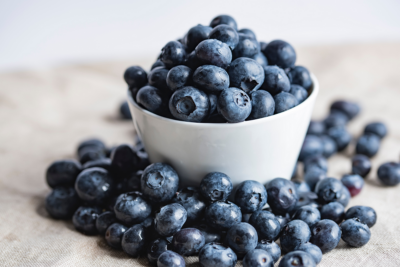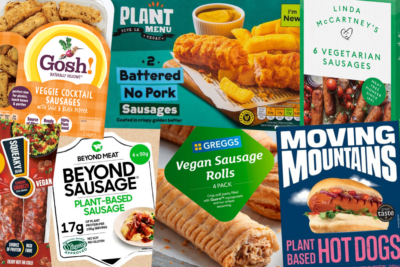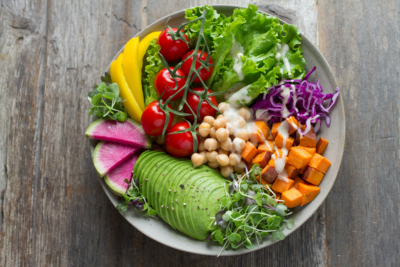Irritable Bowel Syndrome can be a complex condition which can affect the entire digestive tract, however the main symptoms present in the stomach and bowels. Most sufferers find they can have bouts of diarrhoea or constipation that seem to follow on from one another very quickly. Often, people find they get abdominal and stomach pain.

The NHS website has a good range of information about IBS. And I also recommend reading Dr Ginny Messina’s article.
As a Gastroenterology Nurse Specialist there are a few points I would also add that I would advise people to look out for and talk to their GP about if concerned:
Have you kept a Food & Mood Diary?
Self-management really is a key part of managing IBS. IBS is not something that you catch or inherit so understanding how your condition works is the foundation of successfully managing your symptoms. When you have symptoms make a note of the time and day, what symptoms you had, what you ate, what your mood was like and whether there was anything happening that was significant. It is important to understand not just which foods or drinks may trigger symptoms, but what emotions, strains and stresses affect you as well. Here is an example page that you can print off and fill in yourself: My Food and Mood Dairy Veganuary
Diet
Unfortunately there is not a specific diet for IBS as each person will find their own trigger foods – it’s a case of experimenting and excluding foods to see how that impacts your symptoms. Foods that are known to commonly cause problems include garlic, onions, beans, pulses and wheat, which of course can present a real problem for vegans. Please check out the link to the NHS page above as it explains how to manage fibre in your diet and also introduces the low FODMAP diet, which may be helpful to some people.
What is important for everyone, irrespective of dietary preference, is that they have a good range of nutrients in their diet. An easy way to do this is to eat a good variety of colour in your diet – red, orange, yellow, purple, green etc. If you find you need to exclude certain foods you could always take a vegan supplement to boost your dietary intakes of vitamins, minerals and oils.
Have you seen your GP?
Many of the symptoms of IBS could be confused for other problems, e.g. piles, infections of the digestive tract or inflammatory bowel disease. Your GP will be able to help rule out any other medical problems that may be contributing to your symptoms. Take your Food & Mood Diary with you.
It is important to distinguish between IBS and IBD, which is Inflammatory Bowel Disease. IBD is a disease of the bowel caused by a malfunctioning immune system. There are two main types: Crohn’s Disease and Ulcerative Colitis. The main symptoms with both of these conditions are bloody diarrhoea that is very frequent, not wanting to eat because it ‘goes straight through’ and weight loss. If you have these symptoms you should see your GP straight away.
There are a range of drugs that can help with IBS symptoms. Mebeverine is commonly used to reduce muscle spasm; Loperamide is commonly used to treat diarrhoea; and drugs such as Citalopram or Sertraline can be used to help reduce stress and anxiety that may be causing symptoms as well. However, hospital Gastroenterology teams are increasingly using drugs such as Colesevelam for diarrhoea caused by bile-acid malabsorption and Linaclotide for constipation caused by IBS. If your GP is not happy to prescribe either of these for you, you could ask to be referred to a Gastroenterologist or ask if your local hospitals have a specific IBS clinic.
Please remember that before you are given any drug, you need to be reviewed by a doctor. There may be many reasons why a drug is not suitable for you based on your current health and lifestyle. If your doctor is not happy to prescribe a drug that you would like to try, ask them to explain why and also ask if there are other things you could try instead.
Are you double jointed?
Hyper-mobile joints, what most of us call ‘double-jointed’ can be related to IBS. This can be an indication that you may have a connective tissue problem such as Marfans syndrome. If you think this is an issue for you, see your GP for an assessment. Your GP may want to take some blood tests and do a special ultrasound scan of your heart.
And finally….
Living with IBS can be very difficult and disruptive but the key is that you take charge of it. Work with your GP to find ways for you to manage your symptoms. You will need to do this actively and on a daily basis to keep symptoms in check and lead the life you want to have.
Sister Sarah Moody
Gastroenterology Nurse Specialist
Tameside Hospital NHS Foundation Trust















